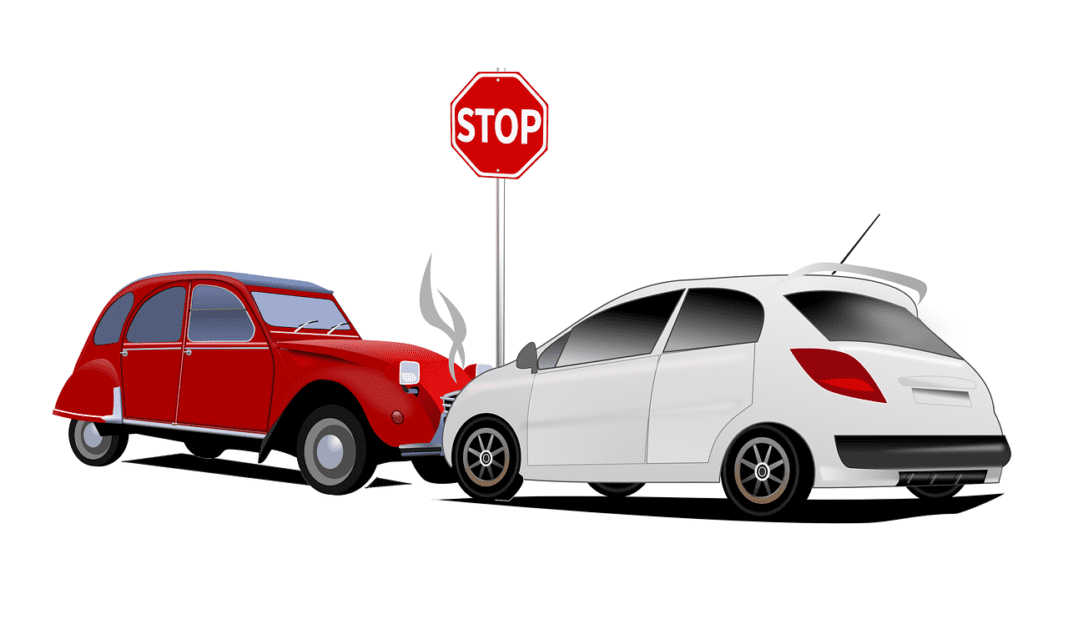If you live in Nevada and drive a car, you should take time about every six months to compare insurance rates to ensure you’re getting the best deal. Don’t get too comfortable sticking with the same company, as doing so may not save you money.
The following guide will help you when you’re comparison shopping for insurance. It will give you a brief rundown of what you’re obligated to buy by law and provide additional tips on saving money.
Nevada Car Insurance Limits for Coverage
When you buy Nevada car insurance, you must have bodily injury and property damage coverage. According to Nevada’s Department of Motorcycles, you must buy 25/50/20 worth of insurance.
Therefore, you need, at the minimum, $25,000 for bodily injury per accident, $50,000 for injuries sustained by two or more people, and $20,000 for property damage. Bodily injury also covers the death of one or more people for each accident.
So, if you’re involved in an auto wreck where you cause injury, death, or property damage to another party, your insurance will cover you for the above amounts.
What Full Coverage Insurance Includes
While liability-only insurance is the most basic minimum allowed coverage, you can also opt to get full coverage insurance.
Collision Insurance Protection
Full coverage includes collision insurance, which covers repairs to your car when you don’t hit another vehicle, but experience damage from hitting a pothole too hard or running into a mailbox, ditch, building, or utility pole.
A Comprehensive Insurance Plan
You can also include comprehensive insurance, covering your vehicle from non-accident damage from theft, vandalism, or a storm.
If you don’t drive a great deal but need some additional protection, you might consider buying comprehensive coverage over collision protection. If you finance or lease a car, though, you’ll usually need to purchase collision insurance.
What to Ask When Making Comparisons
When buying the best car insurance in Nevada, you need to ask several questions to see where you stand with respect to discounts or saving money. For example, you might ask the following:
- What discounts do you offer for insurance customers, and what do they cover?
- Can I reduce what I pay by installing security devices or garaging my vehicle?
- What kind of customer support will I receive if I have to file a claim?
Getting a Discount
With respect to discounts, you can reduce what you pay for insurance if you’ve driven accident-free or you’re a student who scores in the upper percentile of your class. You can also ask about discounts offered for drivers whose mileage is lower than average.
What’s Your Credit Score?
In addition, you can save money on insurance if you maintain a good credit rating. Therefore, paying your bills on time can help you receive better rates for your insurance coverage. Research shows that people with poor credit ratings often spend 50% more on their insurance premiums.
Raise Your Deductible If You Can Afford It
Raising your deductible can also reduce what you pay on coverage. Just make sure you can afford the deductible or the out-of-pocket cost you’ll pay if you have to file a claim.
Making Comparison Will Save You Money
Keep all the above information in mind when selecting a car insurance company in Nevada. Knowledge is power, so make sure you do your diligence when comparing insurance companies.














